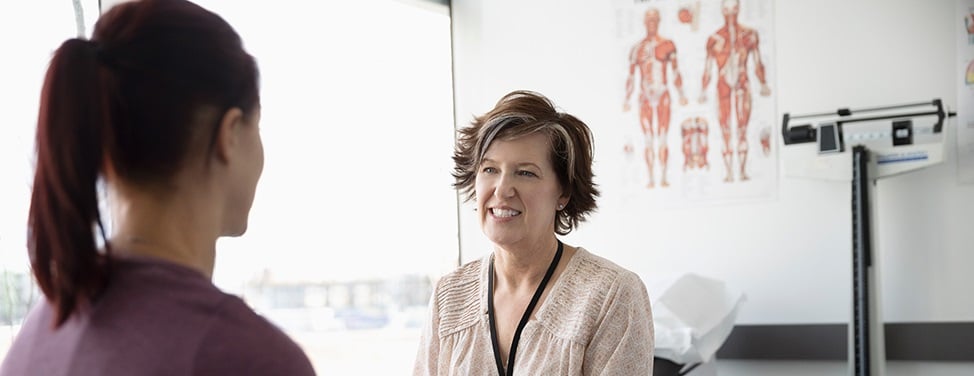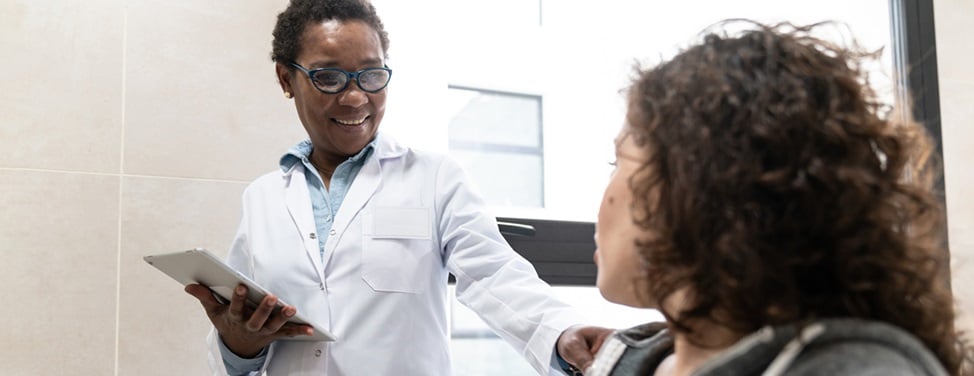
Using a Medical Calendar and Symptom Log
It is a good idea to keep track of your symptoms, by taking note of the types of symptoms and their intensity. This information can be very helpful to both you and your doctor in tracking your medical condition.
Track Your Symptoms and Side Effects
Over time, it's often difficult to remember what symptoms you've had during the last week or month. Take time at the end of each day or each week to reflect back on the symptoms you've had. You can use a calendar to track your symptoms. Simply record the date and the symptom you're feeling. Also make sure to record your medical appointments and tests, so that you can see possible trends.
Rate Your Symptoms and Side Effects
Rating the severity of your symptoms and side effects can be a useful tool in spotting certain trends. You may learn to recognize how certain medications or foods affect you, how your energy level changes from one day to the next, and how your side effects relate to the timing of your treatment.
Tracking your symptoms and their severity can help you and your health care team find ways to help you cope more effectively with symptoms and treatment side effects.
A helpful way to track the severity of your symptoms is by rating your symptoms on a scale of 0 to 10, with 0 indicating no symptom at all and 10 indicating very extreme experience of the symptom.
As you become familiar with your symptoms and how to manage them more effectively, you may decide to change the type of symptoms that you track or the frequency with which you record them.
Jot down questions, personal thoughts and feelings. Write down any questions that you want to ask your health care team. Write them down as they come to mind. That will help you remember your important questions during your office visit. You can also write down your thoughts and feelings, or try doodling or drawing pictures of how you feel.
UCSF Health medical specialists have reviewed this information. It is for educational purposes only and is not intended to replace the advice of your doctor or other health care provider. We encourage you to discuss any questions or concerns you may have with your provider.































